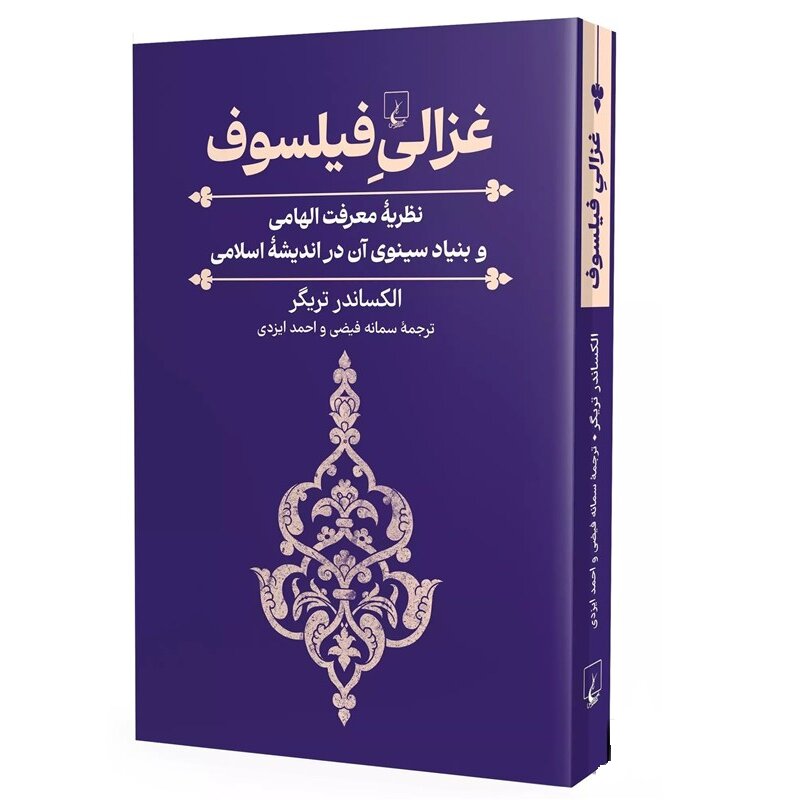Book about Al-Ghazali's theory of mystical cognition published in Persian

TEHRAN – The Persian translation of the book “Inspired Knowledge in Islamic Thought: Al-Ghazali's Theory of Mystical Cognition and Its Avicennian Foundation” written by Alexander Treiger has been released in Iranian bookstores across the country.
Samaneh Feyzi and Ahmad Yazdi have translated the book, and Qoqnoos Publishing House has brought it out in 336 pages, ILNA reported.
It has been customary to see the Muslim theologian Abu Hamid al-Ghazali (1058-1111) as a vehement critic of philosophy, who rejected it in favor of Islamic mysticism (Sufism), a view which has come under increased scrutiny in recent years.
Originally published in 2012, the book argues that al-Ghazali was, instead, one of the greatest popularizers of philosophy in medieval Islam.
The author supplies new evidence showing that al-Ghazali was indebted to philosophy in his theory of mystical cognition and his eschatology, and that, moreover, in these two areas, he accepted even those philosophical teachings which he ostensibly criticized.
Through detailed discussion of more than 80 key passages (with many more surveyed throughout the book), the author shows how al-Ghazali’s understanding of “mystical cognition” is patterned after the philosophy of Avicenna (980-1037).
Arguing that despite overt criticism, al-Ghazali never rejected Avicennian philosophy and that his mysticism itself is grounded in Avicenna’s teachings, the book offers a clear and systematic presentation of al-Ghazali’s “philosophical mysticism.”
Challenging popular assumptions about one of the greatest Muslim theologians of all time, this is an important reference for scholars and laymen interested in Islamic theology and in the relations between philosophy and mysticism.
Al-Ghazali was a Muslim scholar and polymath. He is known as one of the most prominent and influential jurisconsults, legal theoreticians, muftis, philosophers, theologians, logicians, and mystics in Islamic history.
Al-Ghazali's works were so highly acclaimed by his contemporaries that he was awarded the honorific title "Proof of Islam" (Ḥujjat al-Islām).
Much of Al-Ghazali's work stemmed from his spiritual crises following his appointment as the head of the Nizamiyya University in Baghdad, which was the most prestigious academic position in the Muslim world at the time.
He believed that the Islamic spiritual tradition had become moribund and that the spiritual sciences taught by the first generation of Muslims had been forgotten. This belief led him to write his magnum opus entitled “The Revival of the Religious Sciences”. Among his other works, “Incoherence of the Philosophers” is a landmark in the history of philosophy, as it advances the critique of Aristotelian science developed later in 14th-century Europe.
Alexander Treiger is an assistant professor of Religious Studies at Dalhousie University, Halifax, Canada. His research focuses on Islamic theology, Arabic philosophy, and Syriac and Arabic Christianity, with emphasis on the transmission of theological and mystical ideas from Late Antiquity to early Islam.
SS/SAB
Leave a Comment